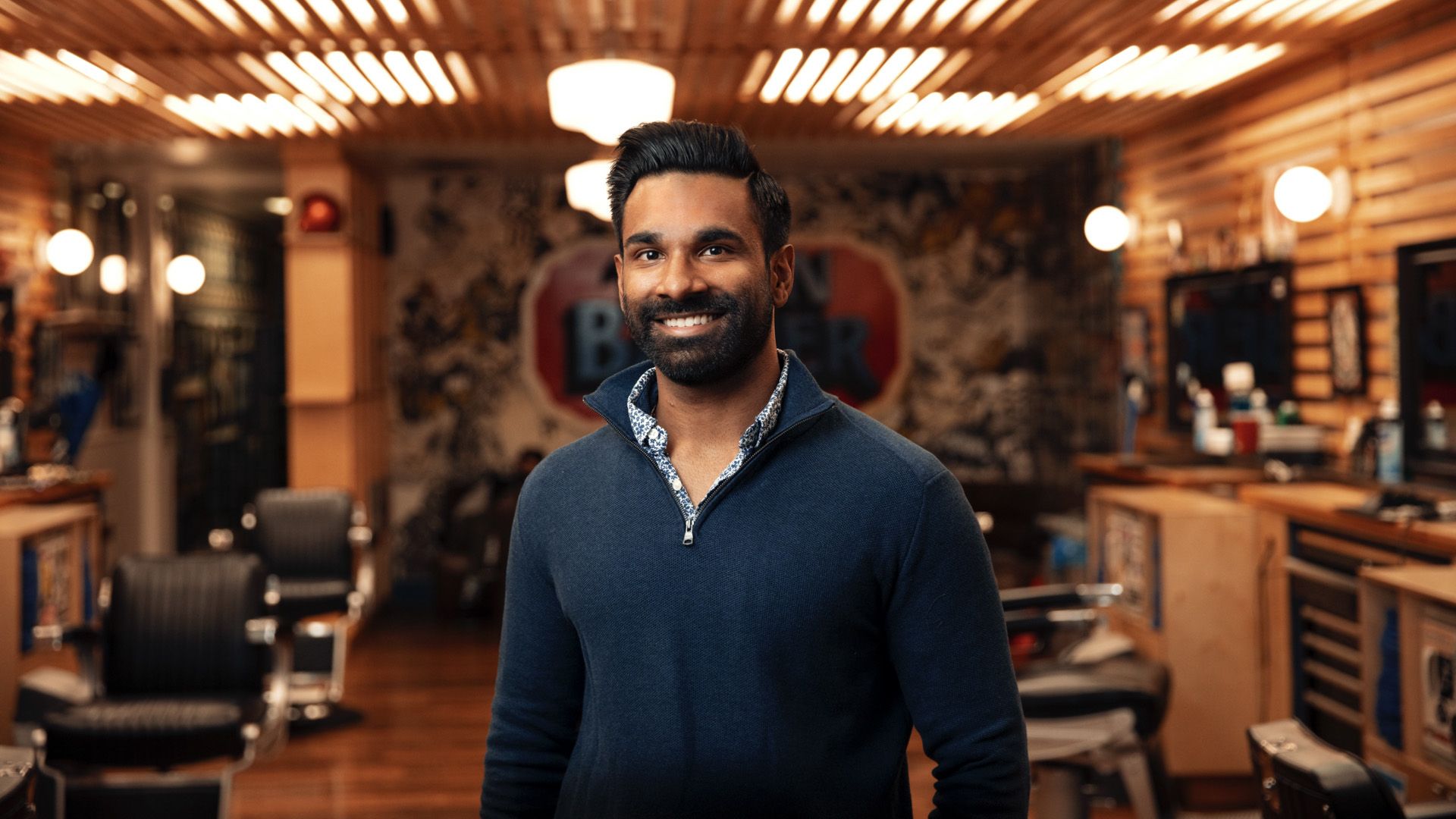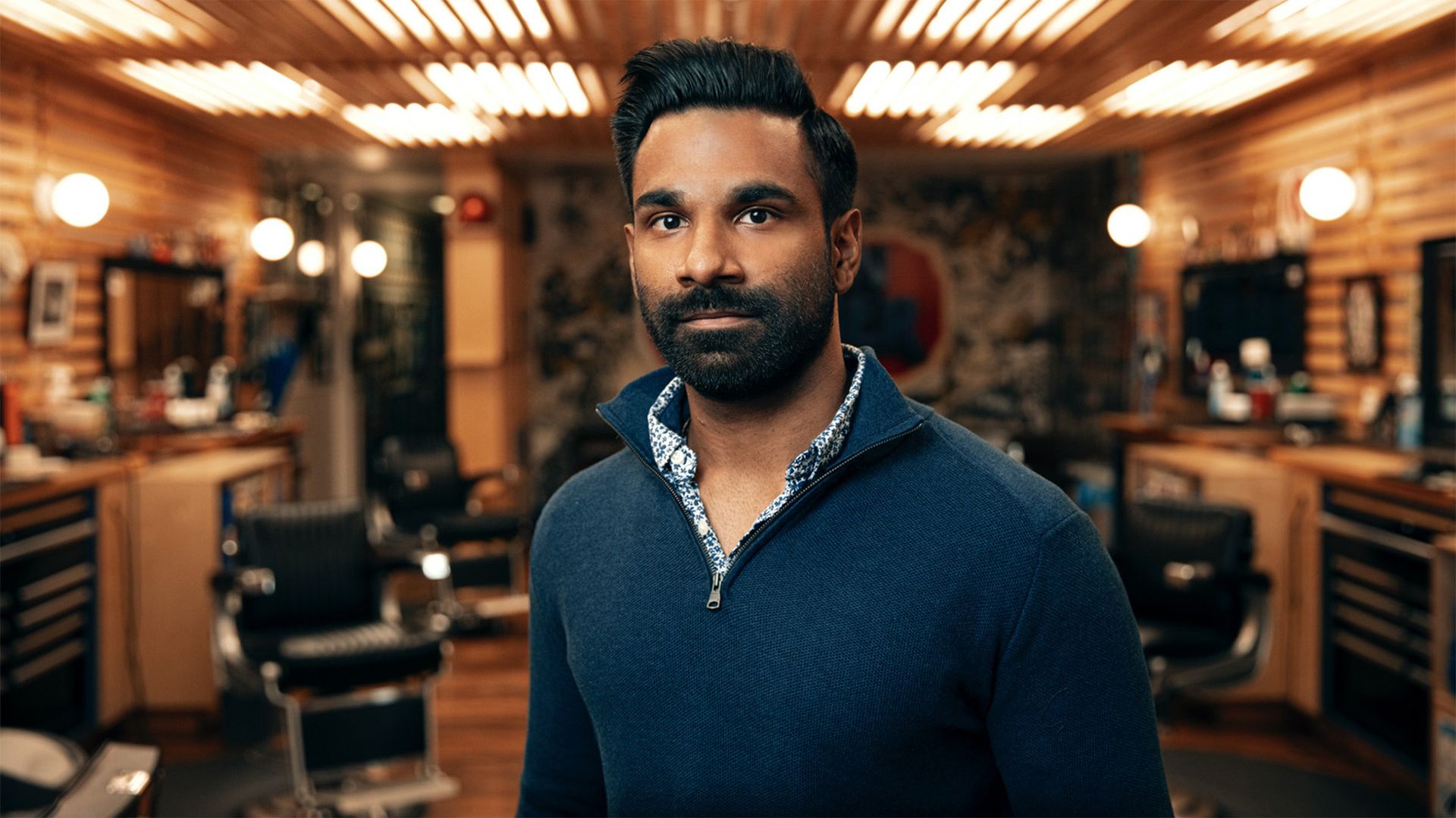


Seeking support in isolation
On May 26th 2020, with the province of Ontario in a state of emergency, I anxiously watched my phone for my GP’s call. I had just completed a scrotal ultrasound – things didn’t feel right – and a Radiologist was rushed into the room. My GP called and frantically told me to head into Mount Sinai Hospital, uttering the words that will echo in my mind for the remainder of my life:
" Darren, I’m so sorry – I didn’t want to tell you this on the phone. It is cancer. "
Cancer. The word rung out in my head as the mental boundaries between my worst fears and reality collapsed into a new state of shock. Cancer seems like an inevitability nowadays - however, I always pictured that I would be diagnosed in later life at a Hospital. Instead, I was a 26-year-old man alone in his apartment, in the midst of a global pandemic.
I faced a whirlwind of morbid dread, confusion, and sadness in the next two weeks. What I thought made my experience unique was the isolation that the quarantine created. No one was there to hug me or wipe away my tears when I received the bad news. I attended all my appointments alone and sat by myself in a deserted waiting room for the biggest surgery of my life. On top of it all, there was underlying pressure to be a man – carrying forward with stoic reserve in the face of death – coupled with the embarrassment of speaking about a cancer related to the male genitalia. I soon found out that although the circumstances may have been abnormal, my experience was not all that unique.
Through all the intense isolation, stigma, and fear, the need still existed to confide in someone that could understand what I was experiencing. The doctors spoke professionally to me and quoted me all of the reassuring mortality statistics, yet I sought to be understood as more than a statistic. I owe an immense debt of gratitude to my close friends and family, but testicular cancer is an obscure cancer. In a panicked last-ditch effort to find someone who could help me navigate what was happening to me and how I felt, I made a post on Reddit. I frantically messaged those who said they went through a cancer experience and told them my surgery was scheduled for June 4th.
I was bedridden in pain and anxious on June 5th when I got an unexpected message from an anonymous Redditor. He asked me how surgery went and when my pathology results were due. I’ll never forget the end of his message;
“I’m here for you”.
We bonded anonymously over our shared cancer path, our failed romances in the midst of diagnosis, and facing our own mortality as young men. The unexpected solace I found in a stranger who travelled the same path provided reassurance I could have never imagined. When I thanked my anonymous confidant, he told me that one year ago he was alone and terrified and an internet stranger did the same for him. He encouraged me to pay it forward. I wrote this article as a portion of this debt to my anonymous friend.
Soon after, I was referred to survivors through family, friends, and the internet. What bothered me was the pervasive loneliness that almost every survivor described. Although Testicular Cancer is mainly a young man’s cancer, even family men vented on their inability or unwillingness to find someone to confide in.It seemed as if men didn’t need a global pandemic to enforce a distance - physical or emotional - from others while they were suffering. Rather, stigma and societal pressure would do that for them.
Many of us as young men fight for our independence and self-reliance – the first casualties in a fight with cancer; one of the hardest facts to accept for able-bodied men. Yet, asking for help in our vulnerable state is when we test the true capacity of our own strength and fully appreciate the strength of those closest to us. Knowing the end of our own capabilities and when to reach out for help is a strength few of us can say we have. Yet, you may find after the resilience you’ve built through the isolation and hardships of 2020, asking for help is a strength now well within your reach.
Please reach out for support, whether that be: a loved one, mental health professional, or online community. As 2020 has shown us, human connection does not stop at a six-foot distance. Someone who cares is just a text, Zoom call, or forum board post away – ready to echo the same sentiment that a wise man once said to me…I’m here for you.
Here is a list of online and in-person resources to find support in dealing with cancer during the Pandemic:
Online
- Reddit.com – An online anonymous forum great for all ages
- Testicular Cancer Subreddit
- Prostate Cancer Subreddit
- Cancer Discord Chat – Great for younger people into gaming
- Cancer Connection – An online forum hosted by Cancer.ca, excellent for older individuals
- Social Media – If you are fortunate to have someone on social media who has been diagnosed, please reach out to them. They will almost certainly be happy to help.
In-Person
- Hospital PFAC – Ask your doctor for the members of your hospital’s Patient and Family Advisors Committee (PFAC). The board of Patient and Family Advisors may contain cancer survivors
- Hospital Mental Health Resources – Your hospital will likely have a psychologist on staff for the Oncology department
- WellSpring – Community based centres offering free programs and support for cancer patients
- Referrals of Friends & Family - Tell the news to your family and friends when you are ready. Afterwards, you may want to ask them if they know of anyone who has been diagnosed